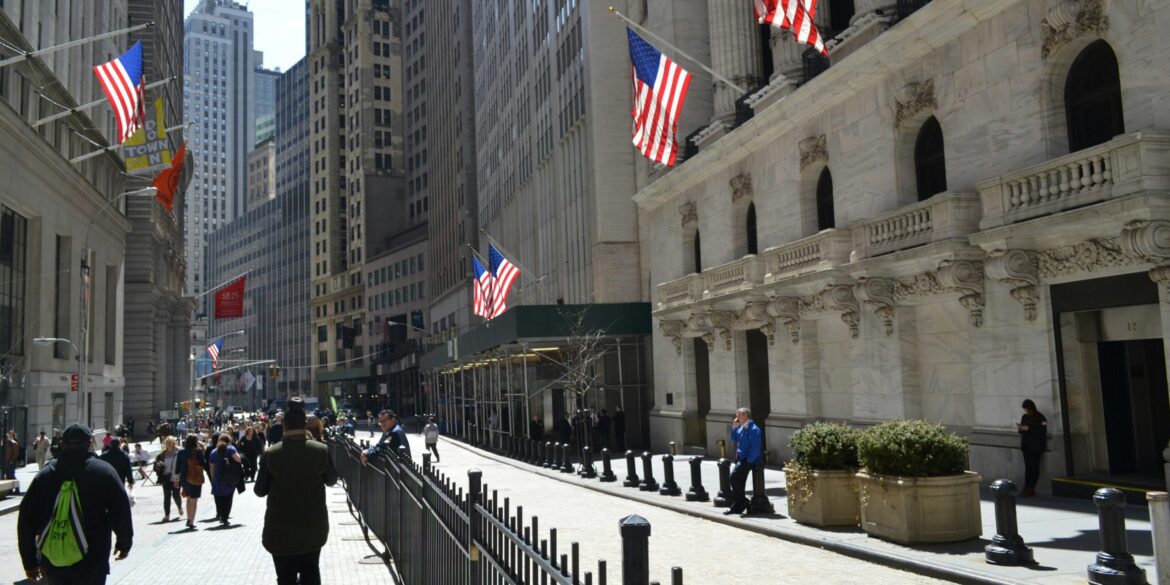On July 18, 2025, U.S. stock markets retreated amid heightened investor concern after a Financial Times report revealed that former President Trump is considering imposing 15–20% tariffs on all European Union imports. As fears of escalating trade tensions resurfaced ahead of an August 1 deadline, markets moved cautiously: the Dow dropped approximately 0.56%, the S&P 500 fell 0.17%, and the Nasdaq declined 0.13%.
The sudden leak of aggressive tariff proposals—followed by discussions of potentially even more severe tariffs of up to 30% on the EU and Mexico—triggered sell-offs, particularly in trade-sensitive sectors. Energy stocks led losses within the S&P 500, weighed down by lower oil prices and concerns over global demand. Financial names, including American Express, also suffered due to risk-off sentiment despite reporting solid earnings. Industrial firms like 3M saw their shares drop roughly 5%, attributed directly to anticipated tariff exposure later in the year.
Despite broader weakness, retail stocks and consumer sentiment showed resilience. Positive July sales data and upbeat consumer confidence surveys helped lift the retail segment, offering some balance to the overall market decline.
The broader earnings season continues to deliver mostly positive surprises, with around 81% of S&P 500 companies exceeding expectations. However, the progress has been uneven. Some major companies like Netflix and American Express experienced share price declines even after releasing strong results. Meanwhile, digital-asset-related stocks moved higher as the U.S. House advanced a regulatory bill aimed at providing clearer oversight for cryptocurrency markets. Treasury yields edged lower to around 4.42%, reflecting caution in bond markets. Oil prices hovered near $68 per barrel, mirroring concerns about future demand.
Economic data continues to send mixed signals. On one hand, consumer activity remains robust, as evidenced by strong retail numbers and improved sentiment. On the other, inflationary pressures persist, and industrial performance remains subdued. This has led to uncertainty over how the Federal Reserve might respond. Speculation surrounding the future of Fed Chair Jerome Powell has also rattled investors, though Fed Governor Christopher Waller has suggested a more dovish stance may be warranted amid emerging headwinds.
Looking ahead, the focus turns to the August 1 deadline for trade negotiations. Investors and analysts are watching closely to see if the U.S., EU, and Mexico can reach agreements that avoid sweeping new tariffs. The European Union has already delayed retaliatory measures against U.S. goods, signaling a willingness to negotiate but warning of countermeasures valued at up to €72 billion should talks collapse.
Markets are expected to remain volatile as investors navigate these political and economic crosscurrents. While trade-exposed industries are most vulnerable to potential policy shifts, consumer-focused sectors may offer relative stability in the short term. Tariff-driven cost increases could also reintroduce inflationary pressures, further complicating the Fed’s decision-making.
Overall, July 18’s modest market decline reflects rising unease over uncertain trade policy. With the tariff deadline looming, both investors and policymakers are watching closely—balancing signs of economic strength against the risk of an intensifying transatlantic trade war.


